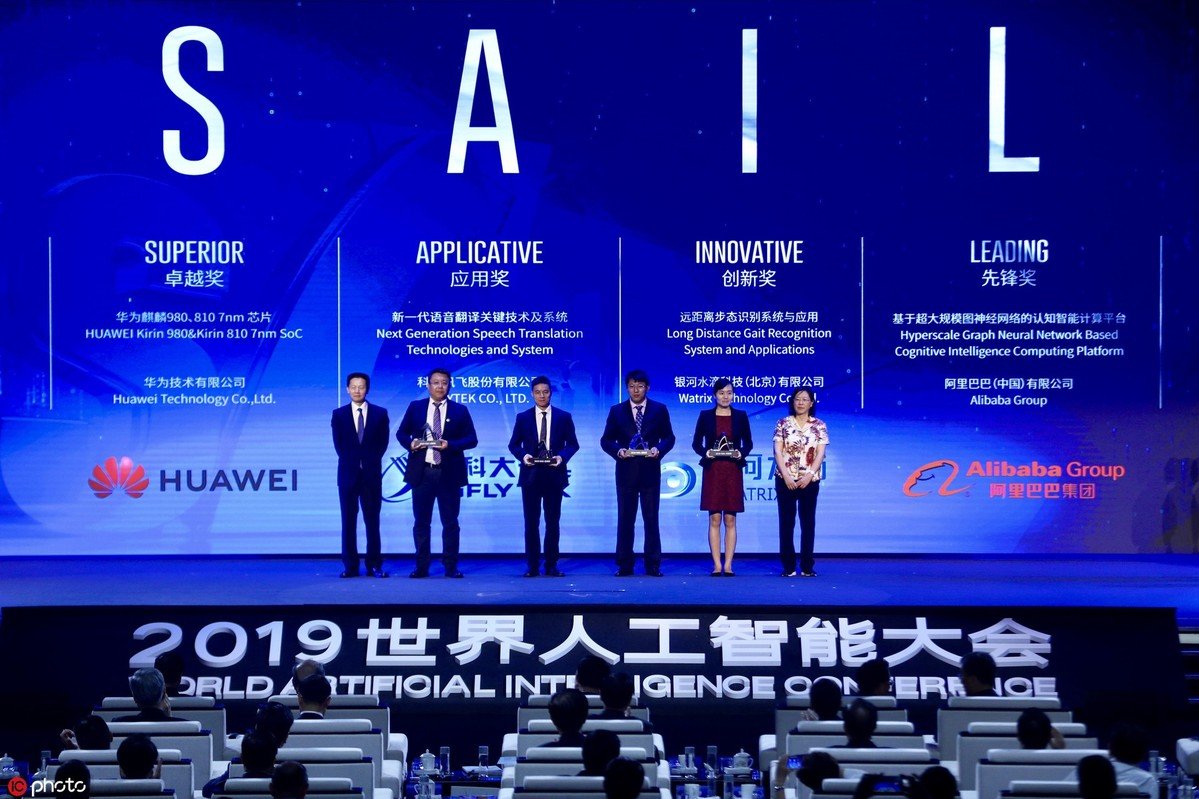In an era where artificial intelligence (AI) has become the forefront of global digital technology innovation, leaders from prominent Chinese internet companies, scholars, and government officials have come together at Nishan, the birthplace of Confucius, in Qufu, East China. They aim to address the pressing concerns surrounding the development of safe and reliable AI, which has become a crucial topic in the digital economy and international competition.
While AI presents advanced and intelligent solutions that enhance our lives, it also poses significant challenges, particularly regarding security. Zhou Hongyi, founder of 360 Security Group, highlighted the vulnerabilities and risks associated with AI models. From potential attacks and manipulation to data leaks and contamination during training, security concerns loom large. The application of AI in critical areas such as finance, law, and autonomous vehicles only amplifies the need for a safe and dependable AI framework.
Zhou Hongyi emphasized that the key to achieving a secure and reliable AI lies in positioning robots as assistants to human decision-makers. By empowering humans and involving them in decision-making, AI can provide suggestions and reports while ensuring that ultimate decisions rest with individuals rather than bypassing them or operating beyond established business systems.
Addressing the conference, Alibaba CEO and Chairman Zhang Yong stressed the importance of AI technology in promoting the well-being of people. He emphasized that despite the growing power of machines, human creators should always remain stronger, better, and wiser. Zhang drew parallels between today’s digital civilization and Confucianism’s teachings, highlighting the need for technological progress to align with social norms and contribute positively to humanity.
The threats posed by AI extend beyond technical and legal aspects, encompassing social considerations such as fairness and equality. Walter Fumy, the chairperson of CEN-CENELEC JTC 13 Cybersecurity and Data Protection, noted the complexity of managing AI risks, emphasizing the necessity for additional approaches beyond standard cybersecurity risk management. While the EU is at the forefront of defining and regulating AI, Fumy called for industry-wide collaboration to establish common ground, avoiding the proliferation of redundant and overlapping legislations.
Gong Ke, executive director of the China New Generation Artificial Intelligence Development Strategy Academy, highlighted the existence of commonalities between the EU draft law and similar regulations in China and the US. Gong advocated for the sharing and exchanging different AI models among countries, including privacy algorithms, to foster greater common ground. The EU’s landmark legislation on AI serves as a reference for other nations. However, balancing regulation and AI development is crucial, as it directly shapes the industry’s future.
The gathering at Nishan addresses the challenges of building safe and reliable AI and highlights the importance of human-centric approaches, adherence to social norms, and international cooperation. As the world grapples with the immense potential of AI, the outcomes of this dialogue will have far-reaching implications for shaping a future where AI technology benefits humanity while mitigating associated risks.
In an interview with the Global Times, Fumy expressed concerns regarding potential legislation that could result in a “special situation” for Europe or the European Union (EU). He emphasized that if the EU adopts much stricter regulations than other regions, it would be unfortunate and detrimental to the industry’s progress. Fumy warned that such circumstances could prompt startups to relocate to more favorable locations.
Looking towards China, Zhou believes that developing customized Generative Pre-trained Transformers (GPTs) could offer a viable solution, enabling efficient, secure, and dependable decision-making processes while enhancing performance across various industries. Zhou shared with the Global Times his vision of a future where not only one large AI model exists in China but where each government department, enterprise, and even individual possesses their own “customized GPT.”
These personalized AI models would possess the dual capability of comprehending human knowledge and engaging in human interactions. Additionally, they would harness industry-specific knowledge and tailored information unique to enterprises and governments, enabling enhanced training and fine-tuning. Zhou asserted that adopting this approach would effectively address security and reliability concerns.
By leveraging customized GPTs, China aims to bridge the gap between AI technology and industry requirements. This tailored approach is expected to promote advancements in sectors such as healthcare, finance, manufacturing, and more. The widespread adoption of customized GPTs at various levels of Chinese society is seen as a means to unlock the technology’s full potential and drive significant progress across multiple domains.
However, implementing such a comprehensive system of customized AI models presents its own challenges. Ensuring interoperability, maintaining data privacy, and managing the complexity of maintaining numerous personalized models across diverse entities are just a few obstacles that need to be overcome. Nevertheless, Zhou remains optimistic, asserting that the benefits of customized GPTs outweigh the challenges, as they provide a pathway towards improved decision-making, efficiency, and innovation in China’s evolving AI landscape.
While Fumy expresses concerns about potential legislation creating an unfavorable situation for Europe, Zhou envisions a future where customized GPTs empower every government department, enterprise, and individual in China. These tailored AI models possess the ability to comprehend human knowledge, interact with humans, and leverage industry-specific and personalized information for enhanced performance. Despite the challenges of implementing such a system, China remains committed to leveraging customized GPTs to bridge the gap between AI technology and industry requirements, unlocking the country’s full potential in various sectors.
Read More:
